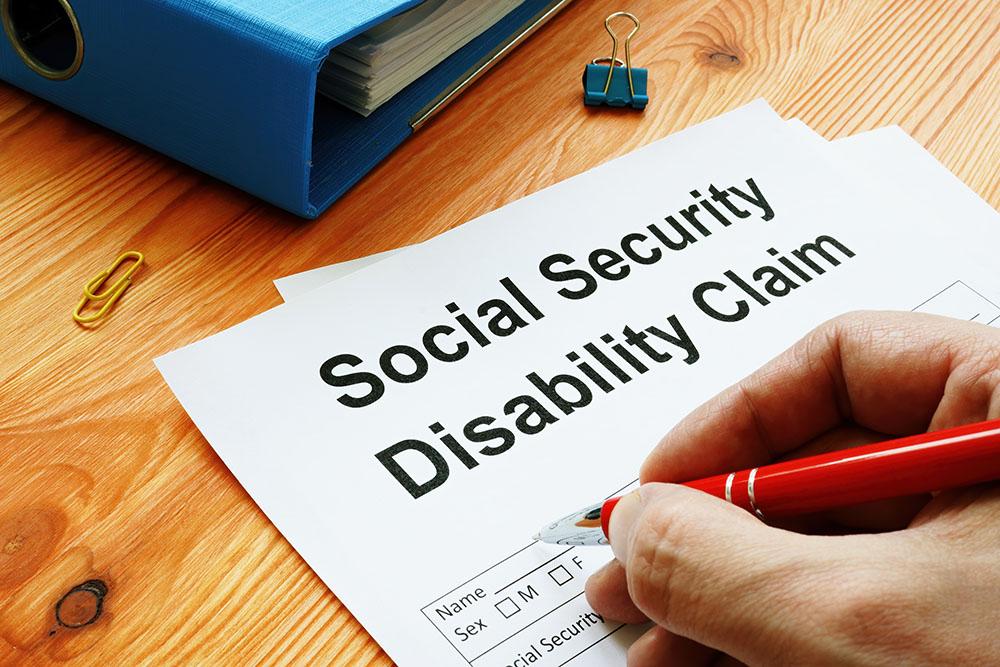Clinical trials for Stevens-Johnson Syndrome (SJS) are essential for finding treatments. These trials help researchers understand the condition better and develop medications that can save lives. However, it’s important to know the legal aspects to ensure that the trials protect the participants and are conducted ethically.
Understanding the legal requirements of SJS clinical trials helps safeguard the rights and safety of the volunteers. Regulations exist to make sure that the research is carried out responsibly and that participants are fully informed about what they are getting into. These legal frameworks ensure that trials are designed and conducted with the highest standards.
Participants in SJS clinical trials have specific rights that must be upheld. This includes the right to be informed, the right to withdraw, and the right to safety. Protecting these rights is crucial for the integrity of clinical research. If something goes wrong during a trial, there are legal avenues for addressing adverse events and seeking compensation.
Understanding Legal Requirements for SJS Clinical Trials
Legal requirements for Stevens-Johnson Syndrome (SJS) clinical trials are designed to ensure the safety and well-being of participants. These laws and regulations set the standards for how trials should be conducted.
1. Informed Consent:
One critical legal requirement is obtaining informed consent from participants. This means that researchers must explain the trial in detail, including its purpose, procedures, risks, and benefits. Participants must voluntarily agree to take part without any pressure.
2. Regulatory Approval:
Before starting, SJS clinical trials must receive approval from regulatory bodies like the FDA (Food and Drug Administration). This process involves submitting trial protocols and getting them reviewed to ensure they meet safety standards.
3. Ethical Review Boards:
Trials also need approval from an Institutional Review Board (IRB) or Ethics Committee. These boards review the trial design to make sure it is ethical and that participants’ rights are protected.
4. Reporting and Documentation:
Researchers must keep detailed records of the trial process. This includes documenting any adverse events and reporting them to regulatory agencies. Proper documentation ensures transparency and accountability.
Understanding these legal requirements helps to protect participants and ensures that the trials are conducted responsibly. These regulations are in place to prevent harm and promote ethical conduct throughout the research process.
Protecting Participants’ Rights and Safety
Protecting the rights and safety of participants in SJS clinical trials is a top priority. Various measures are taken to ensure that participants are treated with respect and that their well-being is safeguarded.
1. Informed Consent:
Informed consent is essential for protecting participants’ rights. Participants should fully understand what the trial involves and must agree to join willingly. This includes providing clear information about potential risks and benefits.
2. Right to Withdraw:
Participants have the right to withdraw from the trial at any time. This means they can stop participating without any penalty or loss of benefits. This right ensures that participants are not forced to stay in the study against their wishes.
3. Confidentiality:
Maintaining confidentiality is crucial. Personal information and medical data of participants must be kept private. Researchers are responsible for ensuring that this data is securely stored and only used for the purposes of the trial.
4. Regular Monitoring:
Participant safety is monitored regularly throughout the trial. Health checks and assessments are conducted to identify any adverse effects early. This ongoing monitoring helps to address issues promptly and minimizes harm.
5. Access to Medical Care:
Participants must have access to medical care if needed during the trial. This includes treatment for any adverse events or side effects that occur as a result of the trial.
These measures are in place to ensure participants are respected and protected throughout the trial process. Enforcing these rights and safety protocols is essential for conducting ethical and responsible clinical research.
Addressing Adverse Events and Compensation
Addressing adverse events in SJS clinical trials is crucial for participant safety. It ensures any negative effects are handled promptly and fairly. Participants must be aware of the procedures for addressing these events and their rights to compensation.
1. Adverse Event Reporting:
Researchers must report any adverse events to the regulatory bodies and ethics committees. This involves documenting what happened, how it was addressed, and the outcomes. Prompt reporting helps understand the risks better and take necessary actions.
2. Providing Medical Assistance:
If a participant experiences an adverse event, they must receive immediate medical care. The clinical trial protocol should outline the steps for providing this assistance. Quick and effective medical care is crucial to minimize harm.
3. Participant Compensation:
Participants have the right to seek compensation for any harm suffered during the trial. This can cover medical expenses, lost wages, and pain and suffering. Compensation ensures participants are not financially burdened for taking part in the trial.
4. Legal Support:
Participants should be aware of their rights to legal support if they suffer from serious adverse events. Legal experts can help navigate compensation claims and ensure the participants’ rights are protected.
5. Reviewing and Improving Protocols:
Adverse events should prompt a review of the trial protocols. This review helps identify potential risks and implement changes to improve participant safety in future trials.
Addressing adverse events and ensuring compensation are critical parts of conducting safe and ethical SJS clinical trials. These measures ensure participants feel secure and justice is served if an issue arises.
Ensuring Ethical Compliance During Trials
Ethical compliance in SJS clinical trials is vital for ensuring trust and respect for participants. Ethical guidelines help maintain high standards and protect the participants’ well-being.
1. IRB and Ethics Committee Approvals:
Trials must be reviewed and approved by an Institutional Review Board (IRB) or Ethics Committee. These bodies ensure that the trial follows ethical guidelines and participants’ rights are protected.
2. Ongoing Ethical Oversight:
Continuing ethical oversight throughout the trial is important. Regular reviews by ethics committees ensure that the trials continue to uphold ethical standards and address any new ethical concerns that arise.
3. Participant Welfare:
The welfare of participants should always be a priority. Ensuring that participants are treated with respect and care is important for ethical compliance. This includes providing adequate support and ensuring their dignity is maintained.
4. Transparency and Honesty:
Researchers must be transparent and honest about the trial’s purpose, risks, and benefits. Providing clear and truthful information helps participants make informed decisions and builds trust.
5. Confidentiality:
Ethical compliance involves maintaining the confidentiality of participant information. Protecting personal and medical data is crucial for respecting participants’ privacy and building trust in the research process.
Ensuring ethical compliance is essential for the integrity of clinical trials. These measures help protect participants and maintain high moral standards in SJS clinical research.
Conclusion
Legal considerations in SJS clinical trials are vital for protecting participants and ensuring responsible research. Understanding legal requirements, safeguarding rights and safety, addressing adverse events, and maintaining ethical compliance are crucial aspects. These measures help build trust and ensure the well-being of all involved.
SJS clinical trials must prioritize the safety and rights of their participants. By upholding legal and ethical standards, researchers can conduct trials that are both effective and respectful. Participants should feel confident that their rights are protected and their well-being is a priority.
If you or someone you know is participating in an SJS clinical trial and needs legal advice, contact Greg Jones Law. Our team is dedicated to protecting your rights and ensuring your safety. Reach out to us today for support and expert legal guidance from an attorney specializing in Steven-Johnson cases.




